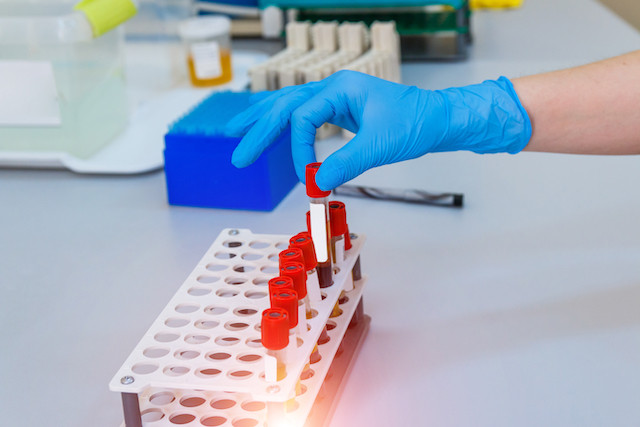By now, we all know someone or know of someone who has tested positive for the virus and it has become apparent that the symptoms of those diagnosed with covid-19 take on varying degrees of severity. This observation is backed by the King’s College covid symptom study, which identifies six subtypes of symptom patterns, or clusters, in individuals who tested positive for the virus. It’s hard to fathom that we are at the tip of the iceberg in understanding this virus and the amount of scientific information we stand to gain in the coming months. It took Europe months before countries decided to pull together.
Might we be missing some information?
Would certain members of an otherwise healthy population be more prone than others? A growing body of evidence points towards blood groups. A person’s susceptibility to the Sars-Cov-2 virus could depend on blood group polymorphism (A, B, AB or O), while other studies have delved further to investigate any association with an individual’s Rhesus factor. Though we are not far from marking the one-year anniversary of the start of this pandemic in Europe, both doctors and scientists urge caution when interpreting results termed “early” in the evidence-based world.
Where does science stand on this?
Following a large meta-analysis, the data suggests blood type A could be more susceptible to covid-19 infection, while blood type O less so. In a retrospective case-control study, spanning three months, 187 patients with blood group A had an increased risk of infection with Sars-Cov-2, whereas those of blood group O were at a lower risk, indicating that certain ABO blood groups were correlated with Sars-Cov-2 susceptibility. Scientists in more cautious camps, consider this a “working hypothesis” and by no means a fait accompli.
Researchers also note that blood type was related to some of the clinical symptoms of patients with covid-19, therefore a possible explanation for the range in symptoms populations of patients have experienced. Clinical features such as fever, cough, chest pain and fatigue were noted to show an association with patients’ ABO blood groups. In other words, one’s blood type might have some influence on the clinical characteristics of patients with covid-19 as opposed to susceptibility to infection.
Limiting factors
Studies examining small populations of patients yield evidence, yet the sample size limits the applicability and power of the study in the real world. Then again one of the larger studies provided greater data yet lacked a control arm. Albeit difficult to account for in the midst of a pandemic it remains a drawback. In addition to this Wu et al. note a vast majority of patients diagnosed with covid-19 were not tested to determine their blood group, consequently reducing the number of participants included in the study.
In the Pipeline
Recent publications have shown that this variability to susceptibility to covid-19 infection could be linked to circulating anti‐A antibodies of blood groups, which could interfere or even inhibit the virus–cell adhesion process. Still the quest for covid-19 susceptibility continues to bring new evidence to light. Published in the British Journal of Haematology, a more significant factor than blood group is discussed--the presence of anti‐A antibodies in serum and more specifically IgG anti‐A.
Mounting evidence from Columbia University not only highlights increased infection rates in non-O blood groups, but also that Rhesus positive individuals could also be more susceptible to infection. The risk of needing intubation was higher among AB and B types, while the opposite holds true amongst blood group A and Rh-negative types. There is speculation that the Rhesus factor could be associated greater risk of susceptibility to the virus than the actual blood group itself.
Whether the blood type or rhesus factor show an association with being more susceptible to covid-19 or a link with clinical symptoms, unanimously, scientists in the field call on more investigation and research with collaboration. Governments need to collectively produce larger scale studies, to obtain more robust data sooner. The pandemic has shown that division will not help combatting this virus, nor will it help in preparing for future threats. It would be interesting to assess Horizon 2020’s research project plan next year in terms of pandemic relief efforts.
For a clearer guide on the variability of symptoms groups there’s more here.
Dr Lilani Abeywickrama is a trained ophthalmologist. Her main interest is advocating for health, technology and medical affairs. She currently works in the field of health and medical management in Luxembourg.
